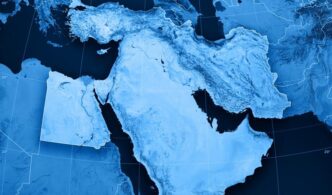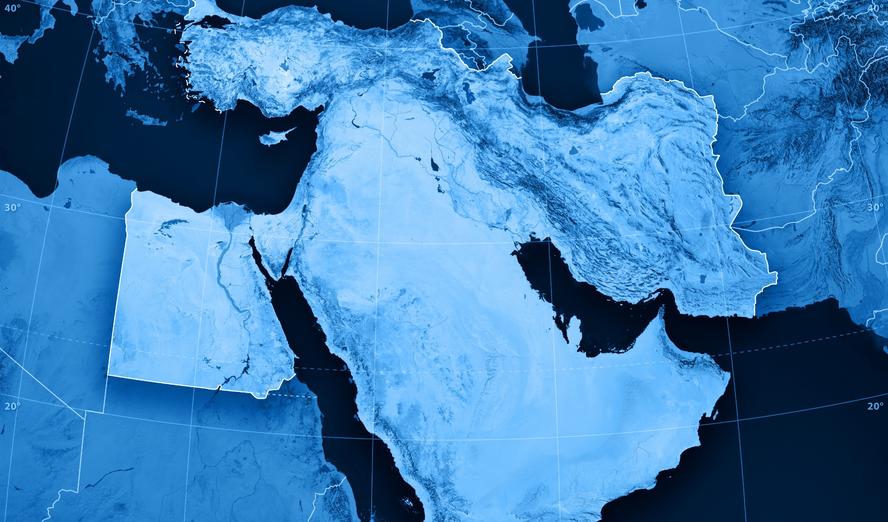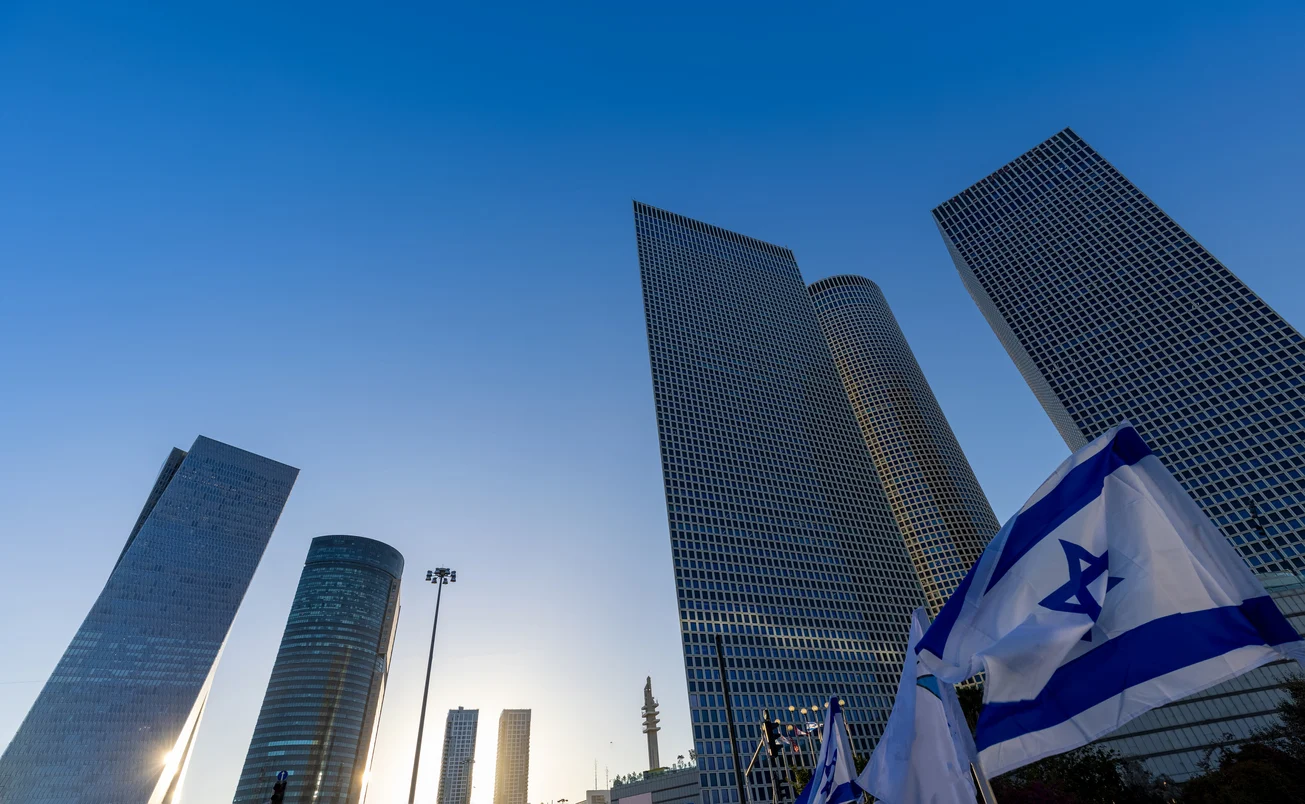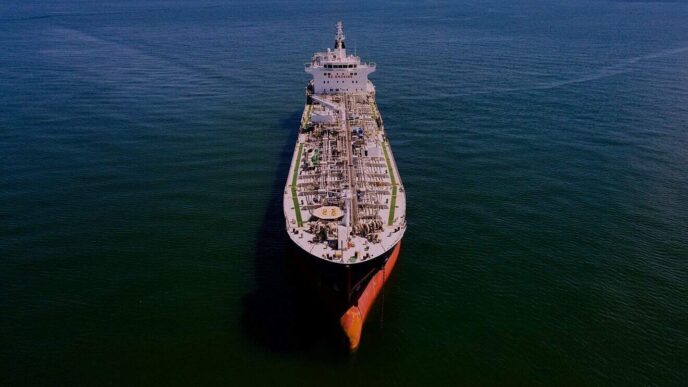The Middle East has long been viewed as both a land of opportunity and a region of geopolitical risk. In 2025, the reality lies somewhere in between. While certain areas remain sensitive to conflict and political instability, other parts of the region—especially the Gulf countries—have become stable, business-friendly hubs with world-class infrastructure and strong international trade ties.
Key Factors to Consider
1. Regional Variation in Stability
- Gulf Cooperation Council (GCC) countries—such as the United Arab Emirates, Saudi Arabia, Qatar, and Bahrain—are widely seen as safe and stable environments for foreign investment. These countries have robust legal systems, pro-business reforms, and political stability.
- Countries like Israel, Jordan, and Egypt also offer a relatively secure business environment with growing economic sectors, though there may be occasional political or security challenges.
- In contrast, nations such as Syria, Yemen, Iraq, and Lebanon continue to face conflict, internal instability, and weak governance, making them high-risk for international business.
2. Legal and Regulatory Systems
- The UAE and Saudi Arabia have rapidly modernized their legal frameworks to attract foreign investors. Free zones, 100% foreign ownership in many sectors, and strong IP protection have made them competitive.
- However, bureaucracy, legal complexity, and lack of transparency in some countries can be barriers, particularly for investors unfamiliar with local systems.
3. Security Concerns
- While war zones and active conflict areas are clearly unsafe, the majority of the Middle East’s economic powerhouses are secure and well-policed.
- Cybersecurity and compliance risks exist but are generally manageable with proper due diligence.
4. Cultural and Political Dynamics
- Understanding and respecting local customs, business etiquette, and political structures is critical to building trust and long-term success.
- Foreign businesses are advised to work with local partners or legal advisors to navigate cultural and regulatory nuances.
5. Growing Economic Diversification
- Several Middle Eastern nations are actively reducing dependence on oil and promoting sectors like technology, tourism, renewable energy, logistics, and finance.
- Initiatives like Saudi Vision 2030 and the UAE’s digital economy strategy are opening new doors for foreign investors.
Conclusion
The Middle East in 2025 is not a single market—it’s a mosaic of different risk levels and opportunities. For international businesses, countries like the UAE, Saudi Arabia, and Qatar offer strong safety, modern infrastructure, and pro-investment policies. Others, especially those affected by conflict or economic instability, remain challenging.
With the right research, local partnerships, and risk management, international business in the Middle East can be not only safe—but highly profitable.















